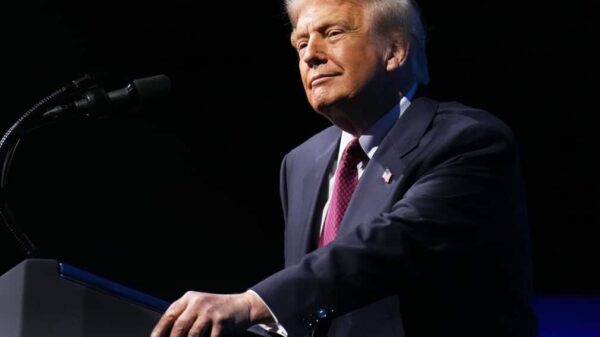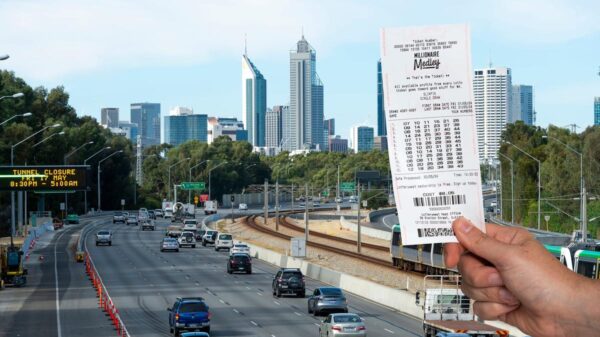Digital platforms have emerged as pivotal players in shaping political discourse and engagement. Their influence extends from everyday interactions to significant political campaigns, raising questions about their role in democratic societies. A recent study published in *Political Communication* by researchers including Francesco Marolla, Marilù Miotto, and Giovanni Cassani delves into how these platforms exercise power and their implications for democratic politics.
Unveiling the Power Dynamics
While users regularly engage with services like Google and Instagram, the underlying power dynamics of these platforms often remain obscured. Platforms control content distribution and collect vast amounts of user data while claiming neutrality. The legal framework in the United States, particularly Section 230, allows these platforms to avoid liability for the content shared on their sites, effectively shielding them from accountability.
The research focuses on Italy’s Five Star Movement, a political party that originated from a blog in 2005 and leveraged various digital platforms for grassroots participation. This case study illustrates how political entities navigate the complex ecosystem dominated by a few major tech companies. Governments and political parties rely on private platforms—such as social media and payment systems—to connect with their constituents, highlighting a dependency that complicates the democratic process.
The Spectrum of Power
The study identifies three critical forms of power within the platform ecosystem: network-making power, networked power, and system administration power. Network-making power enables platforms to shape how users connect and the groups they can form, influencing user behavior significantly. In contrast, networked power pertains to the ability of users to communicate within these networks and the flow of information. Lastly, system administration power refers to the rules and access controls set by platform owners, determining who can participate in digital political spaces.
Platforms maintain strict control over system administration power, akin to a nation’s sovereignty. While platforms may refrain from exercising this power, they have done so in notable instances, such as the deplatforming of the far-right social media app Gab in 2018 and the suspension of former US President Donald Trump after the events of January 6, 2021.
Despite the challenges, political actors can still exert some influence. Political leaders utilize platforms to mobilize supporters, while grassroots movements often emerge through collective online actions, as seen during the Arab Spring and the #MeToo movement. The research indicates that while platforms concentrate communication power, political organizations must adapt to the rules imposed by these platforms to foster democratic participation.
Consequently, the study highlights a troubling asymmetry in power. As political actors become increasingly reliant on digital platforms, they face risks associated with policy changes or shifts in platform ownership, which can disrupt established political networks. Furthermore, the fragmentation of audiences across different platforms poses challenges to cohesive messaging and effective political organization.
The findings illustrate that digital platforms not only facilitate political engagement but also contribute to a turbulent political landscape. The concentration of power in these platforms can amplify distrust and division among users, leading to polarized communities with distinct norms. As platforms continue to evolve, the implications for democracy remain profound, with the potential for manipulation and disruption lurking just beneath the surface.
In summary, the study underscores the complicated relationship between digital platforms and political power, revealing a landscape where platforms wield substantial influence over democratic engagement while political actors remain dependent on their infrastructure. The ongoing evolution of these dynamics will shape the future of political discourse in an increasingly digital world.


































































